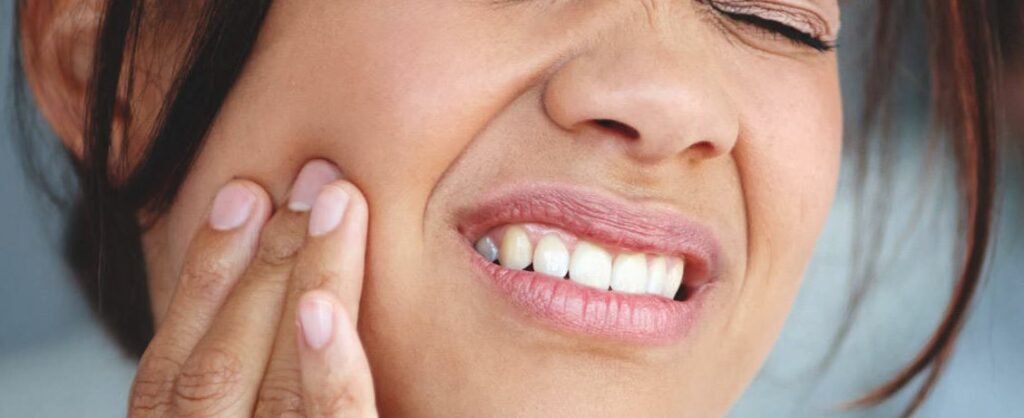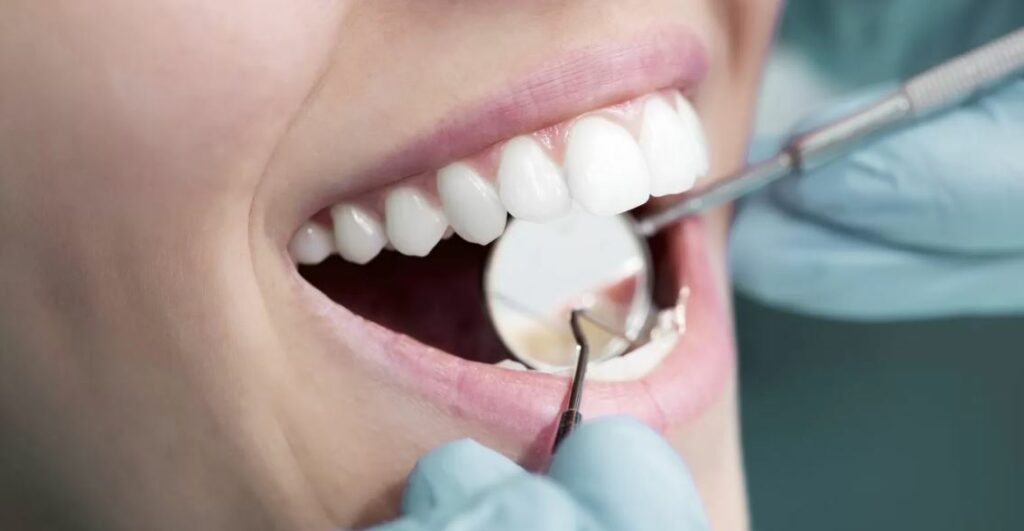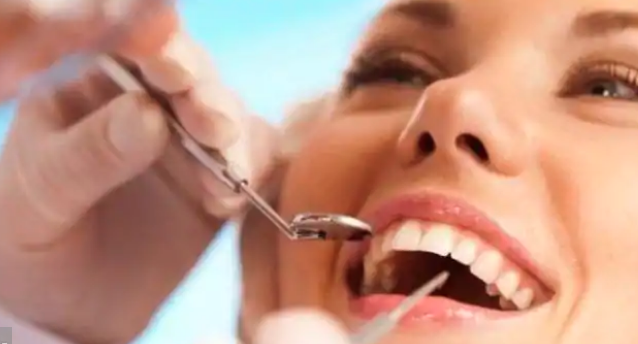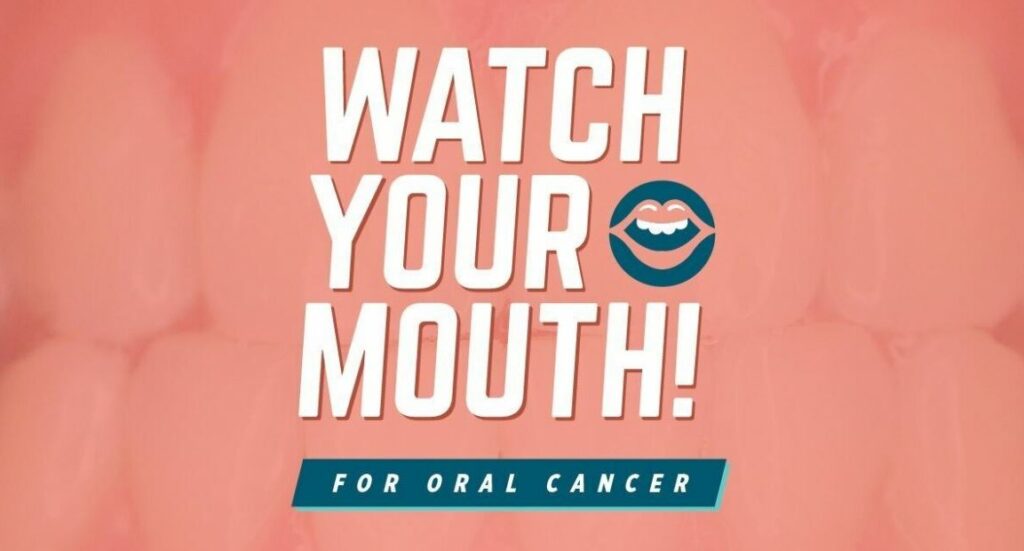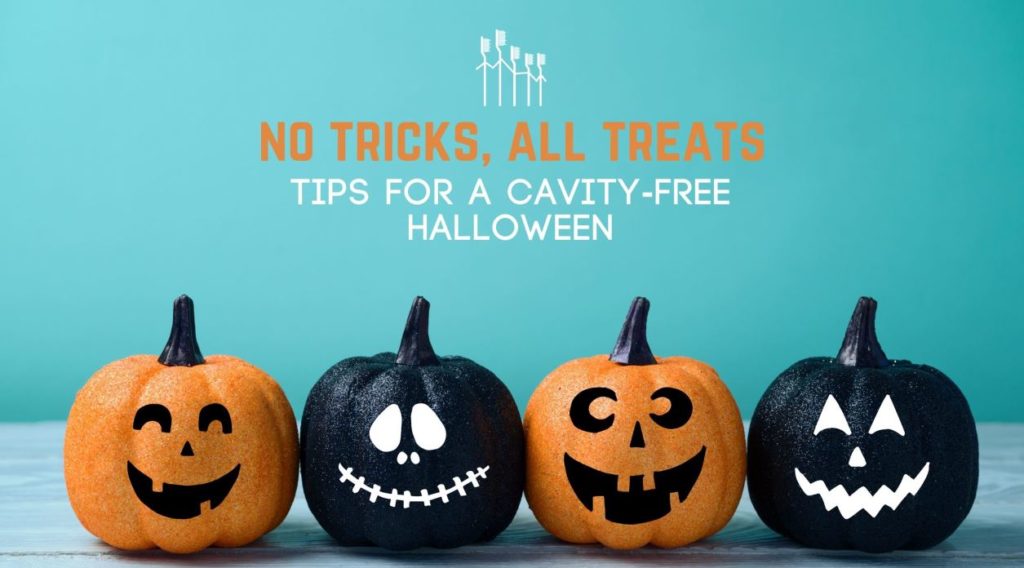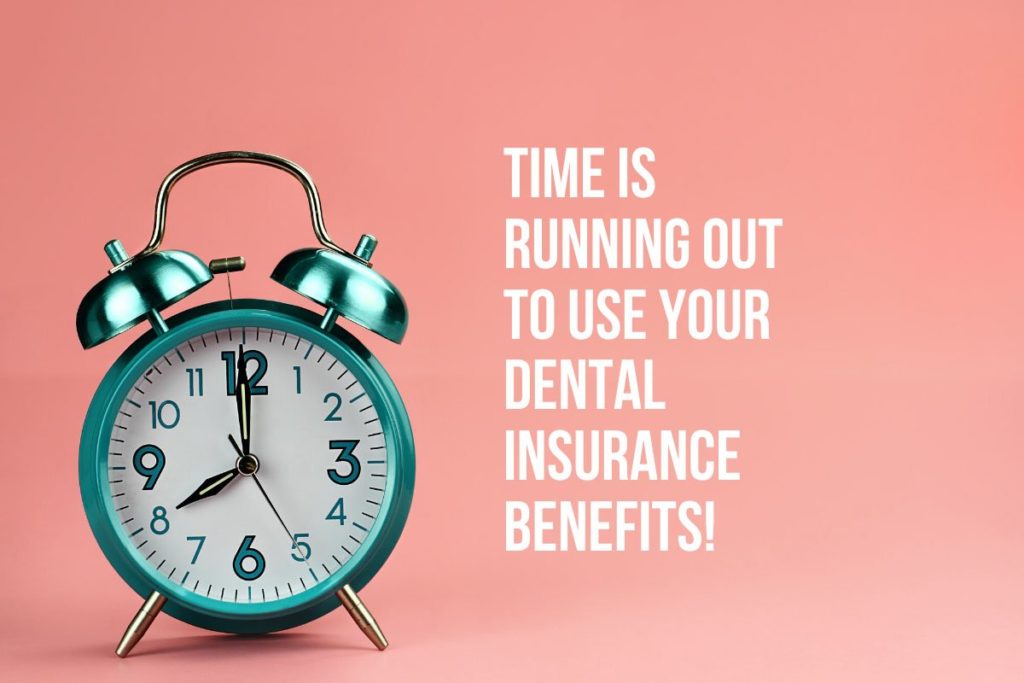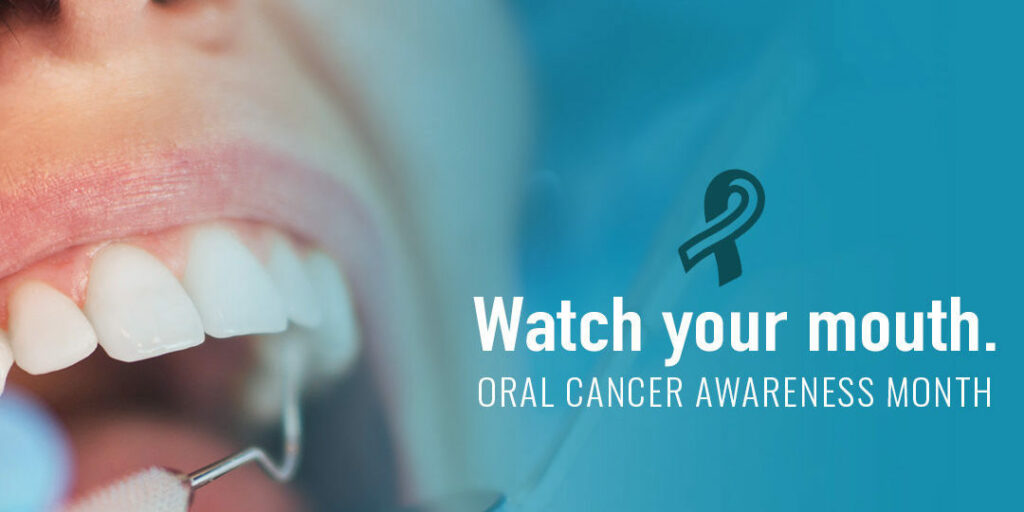
We feel that awareness is crucial and it’s always timely to highlight the importance of getting your oral cancer screening during exam. Oral cancer is a serious condition that can affect any part of the mouth, including the lips, tongue, cheeks, floor of the mouth, hard and soft palate, sinuses, and throat. Early detection is key to successful treatment, and regular dental visits play a critical role in catching issues early. In this blog, we’ll discuss the signs and symptoms of oral cancer, the importance of early detection, and how routine dental check-ups can help save lives.
Understanding Oral Cancer
Oral cancer refers to cancers of the mouth and the oropharynx, which is the part of the throat at the back of the mouth. According to the American Cancer Society, approximately 54,000 people in the United States will be diagnosed with oral or oropharyngeal cancer this year, and around 10,850 will die from these diseases. The survival rates for oral cancer have improved with early detection and advanced treatments, but the overall five-year survival rate remains at about 65%.
Signs and Symptoms of Oral Cancer
Recognizing the early signs and symptoms of oral cancer can significantly improve outcomes. Here are some common symptoms to watch for:
- Persistent Mouth Sores: A sore in the mouth that doesn’t heal within two weeks.
- Lumps or Thickening: Any lumps, bumps, or thickening of the tissue in the mouth or neck.
- Red or White Patches: Unexplained red or white patches on the gums, tongue, tonsil, or lining of the mouth.
- Unexplained Bleeding: Bleeding in the mouth without an apparent cause.
- Numbness or Pain: Persistent pain, tenderness, or numbness in the mouth or lips.
- Difficulty Chewing or Swallowing: Trouble moving the jaw or tongue, or feeling like something is caught in the throat.
- Changes in Voice: Persistent hoarseness or a change in voice.
- Ear Pain: Pain in one ear without hearing loss.
- Dramatic Weight Loss: Unexplained weight loss can be a symptom of many types of cancer, including oral cancer.
If you notice any of these symptoms, it’s essential to seek medical advice promptly. Early diagnosis can make a significant difference in the effectiveness of treatment.
The Importance of Early Detection
Oral cancer screening during exam can provide early diagnosis of oral cancer which can dramatically improve the chances of successful treatment and survival. When oral cancer is detected early, the five-year survival rate is around 84%. However, if the cancer is not detected until it has spread to other parts of the body, the survival rate drops to 29%.
One of the most effective ways to detect oral cancer early is through Oral cancer screening during exam. Dentists are often the first to notice signs of oral cancer during routine exams, which is why maintaining regular dental check-ups is crucial.
How Regular Dental Visits Can Save Lives
During a dental visit, your dentist will conduct an oral cancer screening as part of a comprehensive examination. This screening typically involves:
- Visual Examination: The dentist will visually inspect your mouth for sores, red or white patches, and other abnormalities.
- Physical Examination: The dentist will feel the tissues in your mouth and throat for lumps or irregularities.
- Additional Tests: If the dentist notices anything suspicious, they may recommend further tests, such as a biopsy, to determine if the area is cancerous.
Regular dental visits ensure that any changes in your oral health are monitored over time, increasing the likelihood of catching cancer early. This proactive approach can lead to earlier intervention and more effective treatment options.
Risk Factors for Oral Cancer
Understanding the risk factors for oral cancer can help individuals take preventive measures. Common risk factors include:
- Tobacco Use: Smoking and using smokeless tobacco are the most significant risk factors for oral cancer.
- Alcohol Consumption: Heavy alcohol use increases the risk, especially when combined with tobacco use.
- HPV Infection: Human papillomavirus (HPV), particularly HPV16, is linked to oropharyngeal cancers.
- Sun Exposure: Excessive sun exposure increases the risk of lip cancer.
- Age: The risk of oral cancer increases with age, particularly after age 50.
- Diet: A diet low in fruits and vegetables may increase the risk.
- Gender: Men are twice as likely to develop oral cancer as women.
By being aware of these risk factors, individuals can make lifestyle changes to reduce their risk and stay vigilant for symptoms.
For the Sake of Your Health, Schedule Your Dental Exam
Oral cancer is a serious and potentially life-threatening condition, but early detection with oral cancer screening during exam can significantly improve outcomes. Regular dental visits play a critical role in identifying the early signs of oral cancer, allowing for prompt and effective treatment. During Oral Cancer Awareness Month this May, take the time to learn about the signs and symptoms of oral cancer, understand the importance of early detection, and schedule a screening with your dentist. By prioritizing oral health and staying informed, you can help protect yourself and your loved ones from the dangers of oral cancer.
For more information on oral cancer and to schedule a screening, visit your dentist or contact your local dental association. Early detection saves lives—don’t wait until it’s too late.






